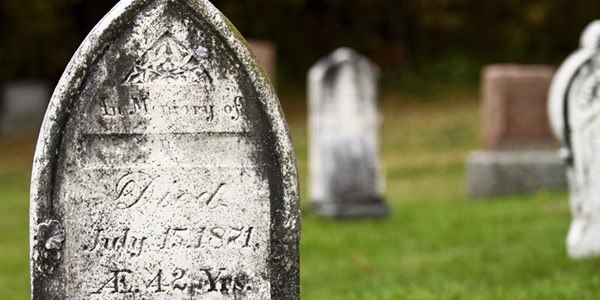Human Interest
Not unusual for Zanele Moyo’s heart to be retained: Pathologists─── 08:54 Sat, 07 Nov 2015

Cape Town - Although Zimbabwe higher education minister Jonathan Moyo and his family say they are distressed that the body of their daughter Zanele, who died in South Africa, was repatriated without her heart, experts say it is not unusual for pathologists to retain organs after autopsy in cases of sudden, unexplained death.
Zanele Moyo, 20, a student in her second year at UCT, died suddenly last month in her flat in Cape Town.
Since then Jonathan Moyo’s associates, his lawyer Terrence Hussein and controversial businessman Phillip Chiyangwa, who travelled with Moyo to Cape Town after Zanele died, have complained to Zimbabwe state-controlled media that South African police and medics have underperformed during investigations into the young woman’s tragic death.
The Moyo entourage have made it clear in several reports that they suspect she was murdered. They revealed that some marijuana was found in her flat after her body was recovered by police.
Last week Zimbabwe’s state media, which Moyo controlled tightly for several years when he was information minister, published another round of reports about her death, saying that the family discovered her body was released in Cape Town without her heart.
According to one report in Zimbabwe, with the headline “Zanele had no heart”, an autopsy was perfumed on her at Salt River Forensic Pathology Laboratory in Cape Town on October 19.
Her body was then flown to Harare for burial. But before her funeral, a second autopsy was carried out in Zimbabwe, and the family was then said to be shocked to learn that her body did not contain her heart when she was buried.
No one associated with the case in Cape Town – police or medical personnel – would speak to ANA. But several people associated with pathological services in South Africa made it clear they were familiar with some of the reports emerging from Harare which questioned their competence and which also insinuate they are covering up the cause of her death.
One official close to the case said that although she could not speak about the Moyo case, there were occasions when an organ was retained on the orders of the pathologist conducting the autopsy, especially when crime was suspected.
Asked whether a whole organ removed for examination could be sent back to the family for burial when investigations were complete, she said: “If they want it, yes, of course.”
But Moyo supporters say Dr Solwayo Ngwenya, clinical director at Mpilo Central Hospital in Bulawayo, said he had never heard of a whole body part being removed and not placed back in the body.
“The only time that a whole body part is removed and not taken back is when it’s used for teaching purposes or for organ donation and of course this is always done with the consent of relatives of the dead person.”
The reports in the Zimbabwe media about Zanele’s death say two “forensic pathologists” conducted a second autopsy in Harare.
It was not possible to confirm whether there are any qualified forensic pathologists in Zimbabwe.
“We are still trying to unravel what killed Zanele and now we have to worry about who took her heart and for what reason,” Chiyangwa told Zimbabwe media.
He questioned whether there was “negligence” by the Salt River Laboratory or “witchcraft”.
The Moyo entourage complain that they were informed in South Africa that it could take up to six years to produce toxicology results and that this would mean that there could be no effective investigation into a Zambian man said to have been with Zanele Moyo the day before she died.
Popo Maja, a spokesman in the South African health department, said he was unable to respond to questions about toxicology and Zanele Moyo’s death, or any delay in establishing results, as he had not received written questions submitted by ANA because his email was not working. He said he would provide information next week.
ANA













